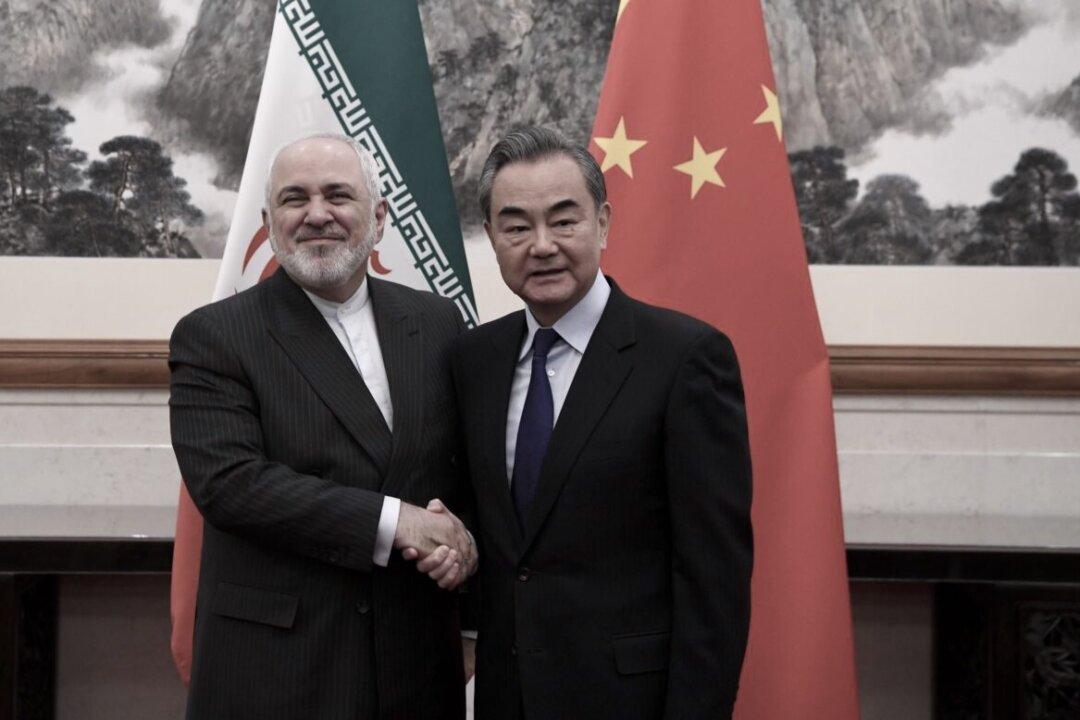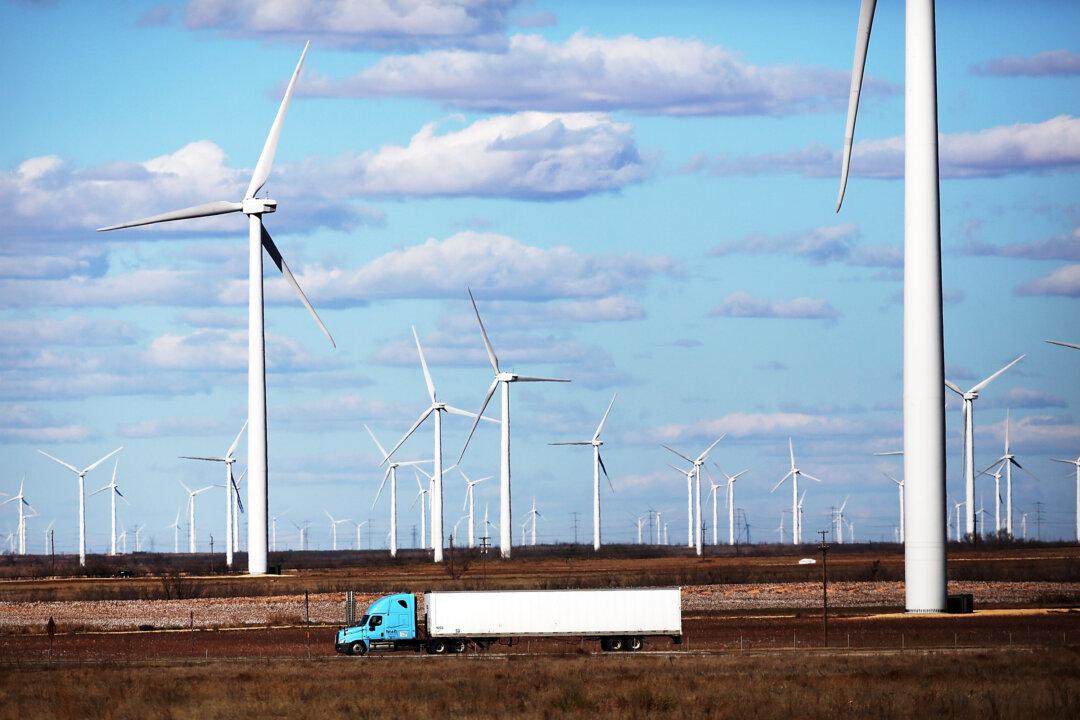As the United States shifts its focus to domestic issues like combating the pandemic, one expert says China would inevitably take over the Middle East.
The Middle East is historically a global crossroad for trade and energy due to its abundance of fossil fuels. For a number of years, the United States and China, among many other countries, have relied on energy trades from Saudi Arabia, Iran, Iraq, the United Arab Emirates, Kuwait, and Qatar.




